Are you ready to unlock the secrets of the Forex market and become a master trader?
In ‘Mastering Forex: Top Trading Strategies for Newbies,’ you will discover the key strategies that will take your trading skills to the next level.
This comprehensive guide will equip you with the knowledge and tools you need to navigate the Forex market with confidence and success.
From understanding the basics to analyzing market trends and implementing risk management strategies, you will learn the essential techniques that will help you make informed trading decisions.
With the guidance of experienced Forex traders and the power of top trading strategies, you will be well on your way to mastering the art of Forex trading.
Key Takeaways
- Educate yourself on the basics of the Forex market and familiarize yourself with different trading platforms.
- Develop a trading plan that outlines your goals, risk tolerance, and strategies.
- Analyze market trends and use technical analysis tools to make informed trading decisions.
- Implement risk management strategies such as setting stop-loss orders and diversifying your trading portfolio.
Understanding Forex Basics
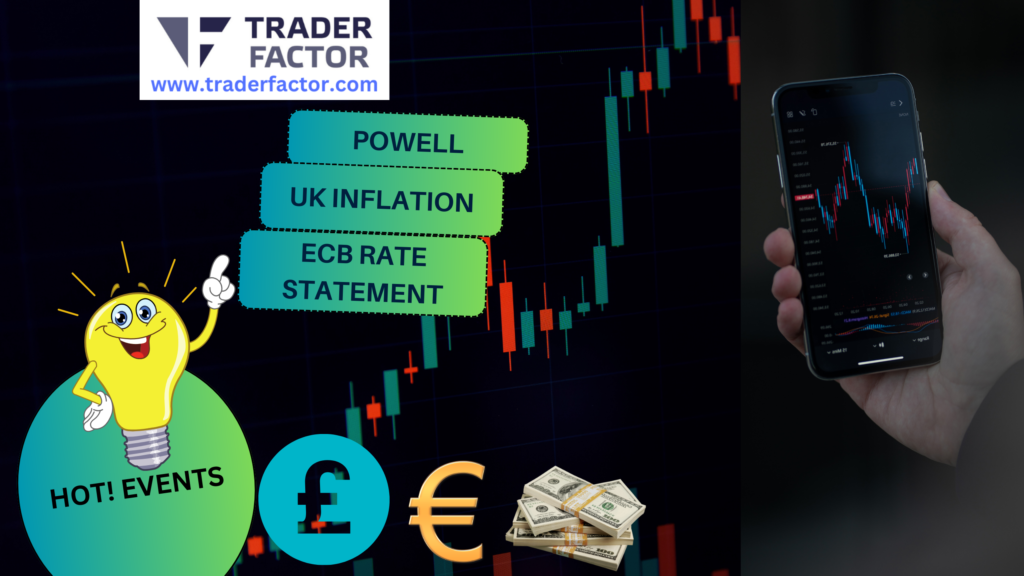
If you’re new to forex trading, it’s important to frequently educate yourself on the basics of the market. One crucial aspect of forex trading is understanding the various forex trading platforms available to you.
These platforms serve as the gateway for you to enter the forex market and execute your trades. Different platforms offer different features and functionalities, so it’s essential to choose one that aligns with your trading style and preferences.
Another key concept to grasp in forex trading is currency pairs. In the forex market, currencies are traded in pairs, such as the EUR/USD or GBP/JPY. These pairs represent the exchange rate between two currencies. For example, the EUR/USD pair represents the value of the Euro relative to the US Dollar.
Understanding currency pairs is vital because it allows you to analyze and predict the movement of one currency against another.
To make the most of your forex trading journey, take the time to familiarize yourself with different forex trading platforms and understand how currency pairs work. This knowledge will serve as a solid foundation for your future trading endeavors.
Remember, education is key in forex trading, and staying informed on the basics of the market will help you make more informed trading decisions.

Developing a Solid Trading Plan
To develop a solid trading plan, you need to outline your goals, risk tolerance, and strategies. However, it’s also important to consider the psychological aspect of trading. Developing a strong trading psychology and managing your emotions in trading can greatly contribute to your success as a forex trader.
Trading psychology refers to the mental and emotional state of a trader while executing trades. It plays a crucial role in decision-making, risk management, and overall trading performance. When developing your trading plan, it’s essential to assess and understand your psychological strengths and weaknesses.
Managing emotions in trading is another key aspect of developing a solid trading plan. Emotions such as fear, greed, and impatience can lead to irrational decision-making and ultimately result in losses. By implementing strategies to manage these emotions, such as setting strict stop-loss orders and taking profits at predetermined levels, you can maintain discipline and avoid making impulsive decisions.
Additionally, practicing self-control and maintaining a positive mindset can also contribute to your success as a trader. Keeping a trading journal to track your emotions and analyzing your trades can help identify patterns and areas for improvement.
Identifying and Analyzing Market Trends
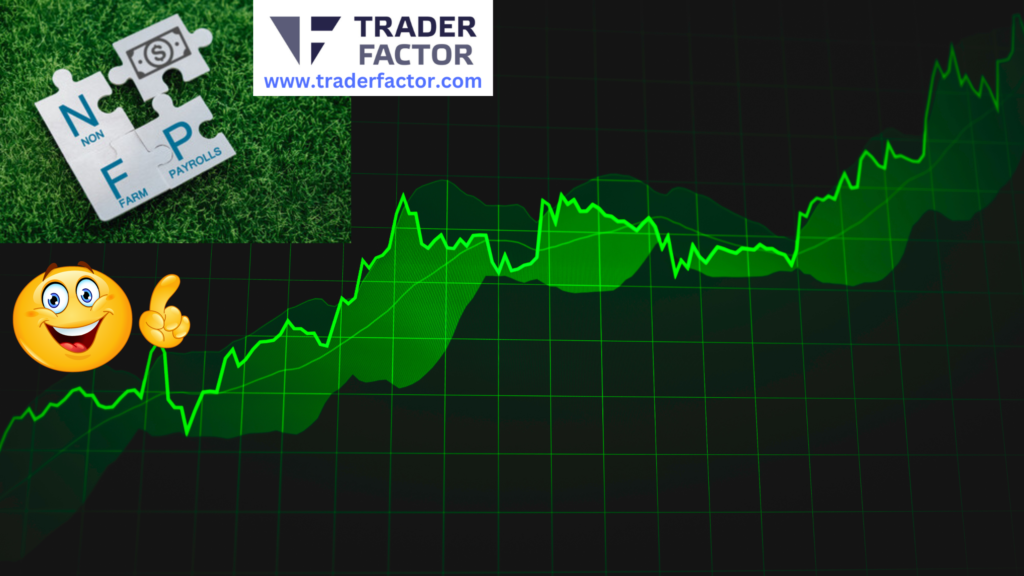
First, you need to identify and analyze market trends by using several determiners. One important factor to consider is identifying market volatility. Volatility refers to the magnitude of price movements in a market.
A highly volatile market can present both opportunities and risks for traders. By understanding and recognizing market volatility, you can adjust your trading strategies accordingly.
Another important tool for identifying and analyzing market trends is analyzing candlestick patterns. Candlestick patterns provide valuable information about the psychology of market participants and can help predict future price movements. By studying the different patterns, such as doji, engulfing, and hammer, you can gain insights into the market’s direction.
To effectively identify and analyze market trends, it’s crucial to use technical analysis tools such as moving averages, trend lines, and support and resistance levels. These tools can help you determine the overall trend and identify potential entry and exit points in the market.
Furthermore, keeping an eye on fundamental factors such as economic data, news events, and geopolitical developments can also help you understand and analyze market trends. By staying informed and updated on these factors, you can make more informed trading decisions.

Using Technical Indicators for Entry and Exit Points
To effectively navigate the forex market, mastering the use of technical indicators for entry and exit points is crucial.
Two commonly used indicators are moving averages and oscillators. Moving averages can be used to confirm trends in the market. By calculating the average price over a specific period, they smooth out price fluctuations and provide a clear picture of the market’s direction.
Traders can use moving averages to identify whether a trend is bullish or bearish, and make informed decisions accordingly.
On the other hand, oscillators help identify overbought and oversold conditions in the market. These indicators measure the speed and magnitude of price movements and provide signals when the market is overextended. Traders can use oscillators to determine when a market is likely to reverse or consolidate and take appropriate action.
Implementing Risk Management Strategies

Now let’s talk about the importance of implementing risk management strategies in your forex trading.
One crucial strategy is setting stop-loss orders to limit potential losses.
Additionally, it’s wise to diversify your trading portfolio by investing in different currency pairs to spread the risk.
Setting Stop-Loss Orders
Implement risk management strategies by setting stop-loss orders in your Forex trading journey. One of the key aspects of successful trading is managing emotions and avoiding impulsive decisions.
By setting stop-loss orders, you can limit potential losses and protect your capital. A stop-loss order is an instruction to automatically close a trade when it reaches a certain price level. This allows you to define your risk in advance and prevent your losses from exceeding a predetermined amount.

Additionally, setting profit targets is equally important. It helps you determine when to exit a trade and lock in your profits. By combining stop-loss orders with profit targets, you can implement a disciplined approach to managing risk and maximizing your trading returns.
| Benefits of Setting Stop-Loss Orders | Benefits of Setting Profit Targets |
|---|---|
| Limits potential losses | Locks in profits |
| Protects capital | Prevents greed and overtrading |
| Provides peace of mind | Allows for systematic trading |
| Reduces emotional decision-making | Promotes disciplined approach |
| Minimizes the impact of market volatility | Ensures you don’t miss out on profits |
Diversifying Trading Portfolio
By diversifying your trading portfolio, you can effectively implement risk management strategies and enhance your overall trading performance.
Portfolio diversification involves spreading your investments across different assets, such as currencies, commodities, and stocks, to mitigate the impact of any single investment on your overall portfolio.
This strategy helps to minimize the risk of significant losses and provides the opportunity for potential gains from different market sectors.

By having a diversified trading portfolio, you can protect yourself from unforeseen market events and reduce the impact of volatility.
Risk management is crucial in forex trading, as it allows you to identify and assess potential risks and take necessary precautions to protect your investments.
Implementing risk management strategies, such as stop-loss orders, can help limit losses and preserve capital in case of adverse market movements.
Practicing Demo Trading and Backtesting
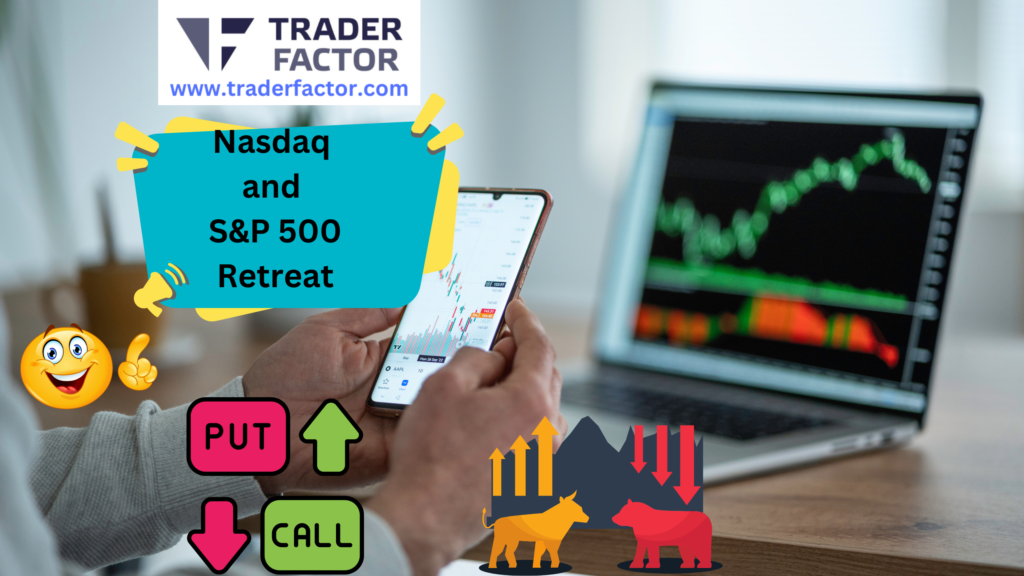
Now it’s time to put your knowledge into practice by utilizing demo trading and backtesting.
Virtual practice allows you to test your strategies and gain experience without risking real money.
Analyzing historical data helps you understand market trends and patterns, enabling you to make more informed decisions.
Importance of Virtual Practice
Start honing your trading skills by engaging in virtual practice through demo trading and backtesting. Virtual practice is an essential step for newbie traders as it offers several benefits.
Firstly, it allows you to simulate real market conditions, providing you with a better understanding of how the market works and how different strategies may perform. This helps in better preparedness for actual trading scenarios.
Secondly, virtual practice helps you gain confidence in your trading decisions without risking any real money. It allows you to test different strategies, analyze their outcomes, and make necessary adjustments before entering the live market.

By incorporating virtual practice into your learning process, you can enhance your trading skills and increase your chances of success in the forex market.
| Benefits of Virtual Practice | Simulating Real Market Conditions |
|---|---|
| Increase chances of success in the forex market | Test strategies in realistic environment |
| Develop confidence in trading decisions | Make necessary adjustments before trading live |
| Enhance trading skills | Test strategies in a realistic environment |
| Analyze outcomes of different strategies | Avoid risking real money |
| Better preparedness for live trading | Gain practical experience without financial consequences |
Analyzing Historical Data
To further enhance your trading skills, you should analyze historical data through practicing demo trading and backtesting.
By analyzing market patterns, you can gain valuable insights into how the market behaves and identify potential trading opportunities.
Demo trading allows you to simulate real trading conditions without risking any real money. It’s a great way to test different strategies and see how they perform in different market scenarios.
Backtesting, on the other hand, involves using historical data to see how a trading strategy would have performed in the past. This helps you evaluate the effectiveness of your strategy and make necessary adjustments.

Additionally, interpreting economic indicators can provide valuable information about the overall health of the economy and its impact on currency values.
Testing Trading Strategies
Have you considered how practicing demo trading and backtesting can help you test and improve your trading strategies?
These techniques are essential for newbie traders to gain valuable experience and enhance their skills before diving into live trading simulations.
Demo trading allows you to trade in a simulated environment using virtual money, giving you a risk-free opportunity to test your strategies and understand how the market works.
Backtesting techniques, on the other hand, involve analyzing historical data to see how your strategy would have performed in the past. By conducting thorough backtesting, you can identify the strengths and weaknesses of your strategy, make necessary adjustments, and increase your chances of success in real trading scenarios.

Incorporating these testing methods into your trading routine will ultimately lead to better decision-making and more profitable trades.
Utilizing Fundamental Analysis in Forex Trading
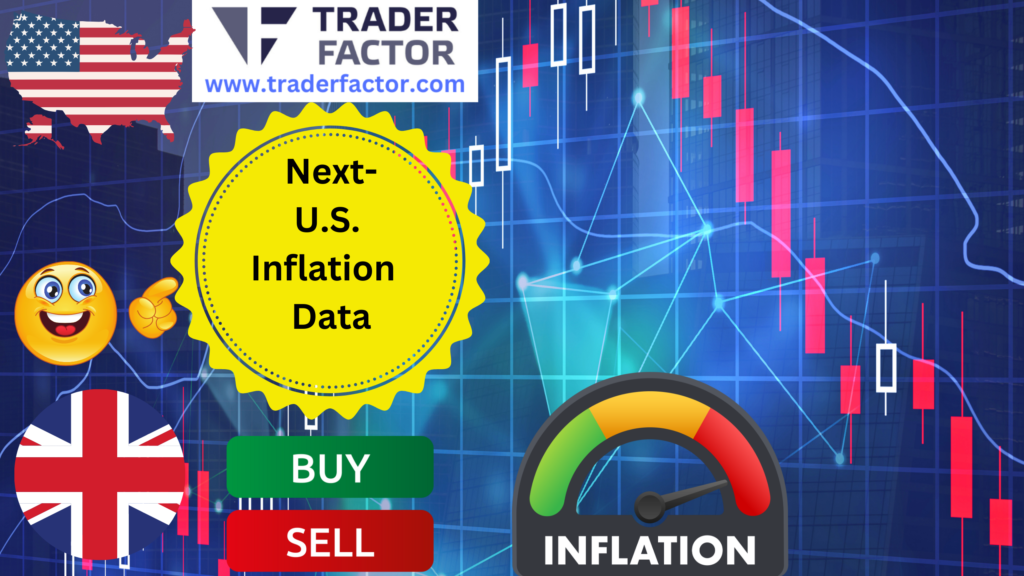
Utilize fundamental analysis to enhance your forex trading strategy. When it comes to analyzing the forex market, there are two main approaches: fundamental analysis and technical analysis.
While technical analysis focuses on charts, patterns, and indicators, fundamental analysis examines economic indicators and events that can impact currency values. By understanding and utilizing fundamental analysis, you can make more informed trading decisions.
Economic indicators play a crucial role in forex trading. These indicators, such as GDP growth, inflation rates, and employment data, provide valuable insights into the health and stability of an economy.
By keeping track of these indicators, you can anticipate potential market movements and adjust your trading strategy accordingly.
One important aspect of fundamental analysis is understanding the relationship between economic indicators and currency values. For example, if a country’s GDP growth exceeds expectations, it can lead to a stronger currency. On the other hand, high inflation rates can weaken a currency’s value.
By monitoring and analyzing these indicators, you can identify trading opportunities and make more accurate predictions.

Learning From Experienced Forex Traders
Learn from experienced forex traders to gain valuable insights and improve your trading skills. Learning from successful traders can provide you with practical knowledge and strategies that you won’t find in textbooks or online courses. These traders have spent years honing their skills and have valuable experience to share.
One of the best ways to learn from these traders is by finding a mentor. Finding a mentor can be a game-changer in your forex trading journey. A mentor is someone who’s already achieved success in the forex market and is willing to guide and teach you.

They can provide you with personalized advice, help you navigate through challenges, and share their trading strategies.
When looking for a mentor, it’s important to find someone who aligns with your trading style and goals. Look for traders who have a track record of consistent profitability and a solid understanding of the market. Reach out to them and express your interest in learning from them.
Many experienced traders are open to mentoring others, as they understand the value of passing on their knowledge to the next generation of traders.
Learning from experienced traders can significantly accelerate your learning curve and give you a competitive edge in the forex market. So take the time to find a mentor who can help you navigate the complexities of trading and provide you with invaluable insights that can make a difference in your trading career.
Frequently Asked Questions
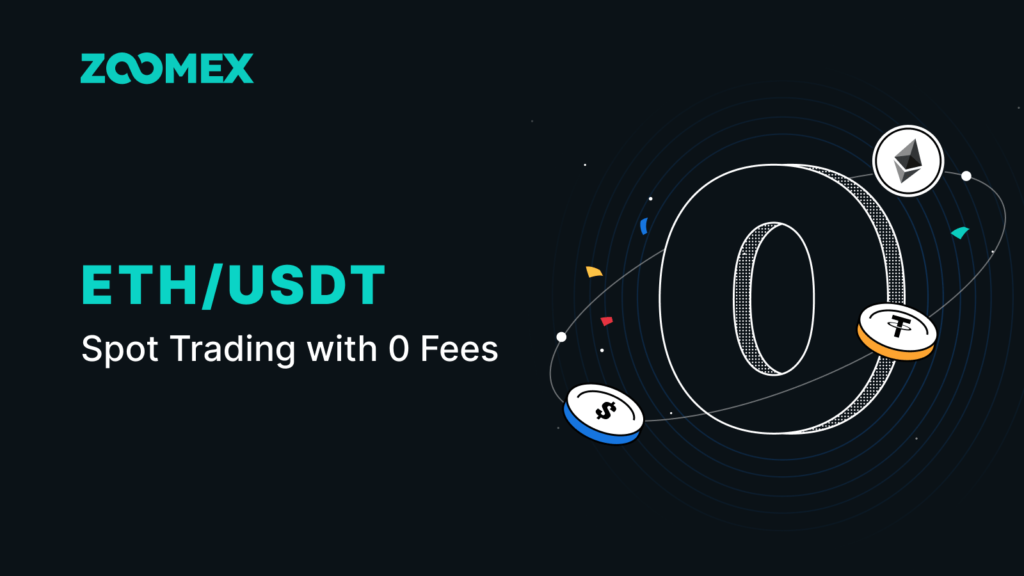
What Are the Most Common Mistakes That Newbies Make When Trading Forex?
You make common mistakes when trading forex as a newbie. Psychological challenges and poor risk management are often the culprits. It’s important to stay disciplined and manage your emotions while also effectively managing your risk.
How Much Money Do I Need to Start Trading Forex?
You can start trading forex with a small account, but trading capital requirements vary. It’s important to understand the risks involved and have enough funds to cover potential losses.
Can I Make a Living From Trading Forex?
Yes, you can make a living from trading forex. It offers the potential for full-time trading and financial independence. However, it also comes with risks and requires discipline, knowledge, and a solid trading strategy.
Are There Any Shortcuts or Quick Hacks to Become a Successful Forex Trader?
There aren’t any shortcuts or quick hacks to become a successful forex trader. It takes time, effort, and a solid understanding of the market. Focus on learning and implementing effective strategies to improve your chances of success.
How Long Does It Usually Take to Become a Profitable Forex Trader?
On average, it takes time to become a profitable forex trader. There is no fixed timeline, as it varies from person to person. However, once you reach the profitability threshold, your trading journey becomes more rewarding.
Conclusion:Trading Strategies for Newbies
So there you have it, as a newbie in the world of forex trading, you now have a solid foundation to start mastering the art of trading.
By understanding the basics, developing a trading plan, analyzing market trends, using technical indicators, implementing risk management strategies, practicing demo trading, and utilizing fundamental analysis, you’re well-equipped to navigate the forex market.
Remember to always learn from experienced traders and continue honing your skills to become a successful forex trader.
Good luck on your trading journey!
Disclaimer
All information has been prepared by TraderFactor or partners. The information does not contain a record of TraderFactor or partner’s prices or an offer of or solicitation for a transaction in any financial instrument. No representation or warranty is given as to the accuracy or completeness of this information. Any material provided does not have regard to the specific investment objective and financial situation of any person who may read it. Past performance is not a reliable indicator of future performance.
FOLLOW US













